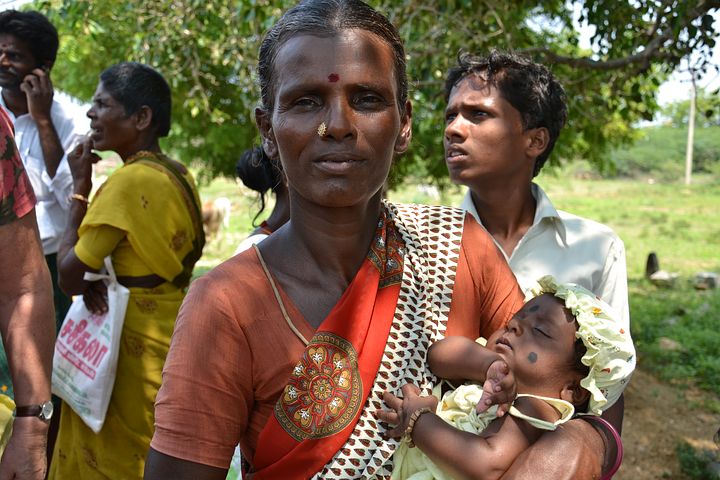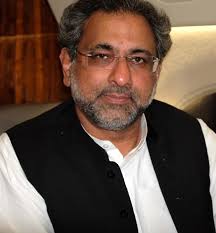
Population growth – Global South leaders speak out
While reasons for concern over population growth differ according to specific countries, they all point to one thing: that our global population is continually rising beyond the Earth’s capacity, and left unchecked will lead to faster deterioration of resources.
The following articles add greater emphasis to previously reported concerns in Malawi.
Population the “main challenge” in Pakistan

Shahid Khaqan Abbasi
A recent article reports that the Prime Minister of Pakistan, Khaqan Abbasi, has expressed his rising concern for unchecked population growth in Pakistan in a meeting with a delegation from the Population Council.
Mr Abbasi highlighted the need for immediate attention of the provincial governments to family planning:
- greater investment for enhancing access
- quality of service delivery in this sector especially for the people of far-flung areas
- integration of these programmes with health service delivery programmes at grass root levels
Small families in Ghana
Citinews posted a recent article summarising Ghana’s national concern and developing efforts to combat population growth.
In reaction to reports that Ghana’s population hit 29.6 million, Executive Director of the National Population Council, Dr. Leticia Appiah, proposed that Ghana begin to emulate other developing countries in incentivising small families in order to manage the country’s fast growing population.
Population concerns in Sub-Saharan Africa
In November, senior African UN official, Dr Ibn Chambas, raised continent-wide concerns at a meeting in Accra. The Representative of the United Nations General Secretary to Western Africa and urged African leaders to prioritise the population challenge. “Being the most rapidly growing part of the world, sub-Saharan Africa’s one billion people will surge in the next 50 years to two billion and three billion and reach an estimated 3.7 billion in 2100, right behind Asia’s four billion by then.
In case of Africa, so far…population grows faster than the economy, and countries cannot cope with the increasing demands for basic social services such as water, sanitation, education, and health. Although urbanization is needed for the transformation of African economies, its rapid pace adds to the stress on the economy.
Take action
Family planning in developing countries has been hit hard by recent cuts in US overseas aid. Learn more and support the campaign.
